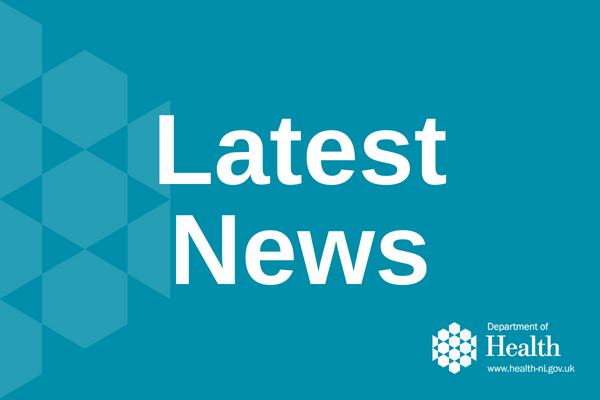Health Secretary Robin Swann today announced a £9.2m investment in dental access initiatives for 2024/25.
The investment aims to strengthen support for dental practices and protect the public’s access to health service dental care.
In addition, the Minister confirmed a 6% increase in dentists’ salaries for the current financial year. This increase will date from April 2023 and is in line with the recommendations of the DDRB (Medical and Dental Review Body). The increase is accompanied by a 7.3% increase in non-staff spending for 2023/24, with a recurring 3% reassignment in subsequent years.
The £9.2m investment package for dental services includes:
· £1 million for newly registered child patients through the re-establishment of the Enhanced Child Screening Programme. This program provides children ages 0-10 who are not enrolled in a dental exam with personalized oral health advice and age-appropriate fluoride application to the teeth to help prevent tooth decay.
· £4.3m to fund a 30% increase in fees paid to dentists for fillings, extractions and root canal treatment for 2024/25. This will support public access to priority treatments.
· £3.9m to treat unregistered high priority patients through a dental access scheme.
The minister said: “It is important that people in Northern Ireland have access to a dentist when they need it. These interventions are designed to remove some of the barriers that limit this access.
“I am extremely grateful for the commitment and effort shown by General Dentists and their teams in the challenges they have faced in recent years. I hope this investment eases some of the pressure on practices and highlights the importance of the service provided. It is important that we have a service that works for both the profession and patients.”
Mr Swann continued: “I am also pleased to announce a pay rise for dentists. As with other health service workforces, this had been delayed by the absence of an Executive. I am happy that I can now put this situation in the right place.”
The Minister also provided an update on proposed changes to EU legislation on dental amalgam and his concerns about the implications for Northern Ireland.
He said: “These changes would significantly restrict dentists from placing amalgam fillings, increase costs for patients and have a significant impact on the capacity of a service still struggling from the pandemic.
“My view remains that a phase-down, in line with the wider UK position, rather than a phase-out of amalgam is in the best interests of patients in NI. This is a matter for the Democratic Scrutiny Committee of the new Windsor framework to consider in detail, in terms of the implications for Northern Ireland.
“Next, Assembly members will wish to consider whether the initiation of the Stormont Brake process is necessary and justified. My Department has already written to the Committee to raise concerns about the significant and ongoing impact of the new laws and I will continue to assist the Committee in any way I can.”
Notes to editors:
- The projected cost of the wage increase will be £7m for 2023/24 and £5.3m for subsequent years.
- The DDRB provides independent advice on doctors’ and dentists’ pay to governments in NI, Scotland, Wales and England.
- The initiatives announced today have been funded by a re-prioritisation of the General Dental Services budget, made possible by the reduction in health service dental activity and the associated reduction in fees claimed by the profession in NI. This has enabled funding for the new dental access initiatives announced today. This funding targets patients who need dental care the most and supports the prevention of dental disease in the early years.
- For media information please contact the Department of Health Press Office via email pressoffice@health-ni.gov.uk
- Follow us on X @healthdpt and LinkedIn Department of Health NI – LinkedIn
- The Executive Information Service operates an out-of-hours service for media inquiries between 18:00 and 08:00 Monday to Friday and weekends and public holidays only. The Press Officer can be contacted on 028 9037 8110.
Share this page

